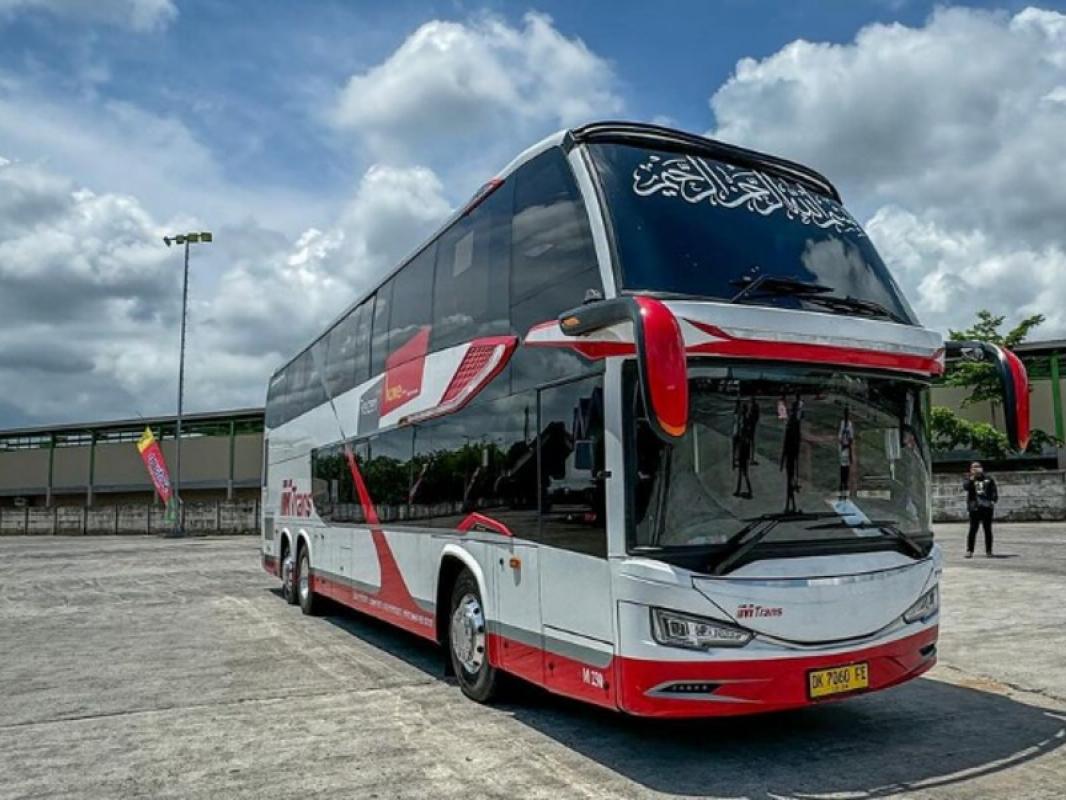In recent years, the landscape of intercity travel in Indonesia has undergone a significant transformation, particularly with the advent of the Trans Java and Trans Sumatera toll roads. This development has drastically reduced travel times between major cities, making road travel a viable and competitive alternative to trains and airplanes. For instance, the journey from Jakarta to Surabaya, which used to take around 15-16 hours, can now be completed in just 9-10 hours. This newfound efficiency has breathed new life into the intercity bus industry, particularly in Java, which had long been overshadowed by negative perceptions.
Overcoming Negative Perceptions
Historically, travelling by intercity bus in Indonesia was fraught with challenges and a poor reputation. The bus terminals were notorious for ticket touts, pickpockets, and other criminal activities. Additionally, the buses themselves were often in poor condition, and the unpredictable road conditions made travel times uncertain. The aggressive driving style of some bus drivers further contributed to the negative image of bus travel. These factors collectively deterred many from considering buses as a viable option for intercity travel.
A Shift in the Market: Catering to the Middle and Upper Class
The introduction of the Trans Java toll road has been a game-changer. Recognising the potential of this improved infrastructure, several bus companies have stepped up to cater to a more discerning clientele. Long-time players such as Lorena, Rosalia Indah, and Gunung Harta have introduced premium double-decker buses and high-end chassis like the Mercedes-Benz 2542, Scania K410IB, and Volvo B11R with air suspension, offering a level of comfort previously unheard of in the intercity bus sector.
These companies have significantly upgraded their services to include amenities such as snacks, meals, pillows, and blankets. In comparison, passengers on executive trains still have to pay for their food, highlighting the added value provided by these luxury buses.
Capturing the Youth and More Affluent Market
The transformation doesn't stop there. Newer bus companies have emerged, targeting younger generations with fresh, luxurious designs and enhanced services. New companies like 27 Trans, MTrans, and Juragan 99 have set new standards in the industry, appealing particularly to millennials and Gen Z. Their buses feature modern livery designs and out-of-the-box features that exude a sense of luxury and sophistication. Recently, Blue Bird Group, one of the largest taxi companies in Indonesia, has entered the game with their new Cititrans luxury bus line, offering seats designed like business class in an airline. Even Rosalia Indah, who has been in the industry since 1983, rebranded itself as “Millennial Bus” to capitalize on the growing segment of young travellers.
Enhanced Customer Experience
One of the critical factors driving the success of luxury intercity buses is the enhanced customer experience. Bus companies have embraced technology to provide online ticketing through their own apps and websites, as well as through online travel agents like Redbus and Traveloka. Redbus even offers a Redbus lounge in Surabaya, so passengers can avoid the notorious Bungurasih bus terminal.
Companies like MTrans and Juragan99 have their own departure and arrival offices designed to be as comfortable as airport lounges. Mapping the customer experience has allowed these companies to identify pain points and offer a better travel experience.
Competition Beyond Buses
The rise of luxury bus travel is not just reshaping competition within the bus industry but is also challenging the established domains of trains and airlines. Historically, the Indonesian train industry has been seen as a monopoly, while the airline sector has been dominated by a duopoly of Garuda Indonesia and the Lion Group. With the emergence of luxury intercity buses, these traditional players face new competition that they might not have previously considered.
Trains, long considered the go-to mode for safe and comfortable intercity travel, now need to reassess their service offerings. The introduction of premium bus services with comparable comfort, and often at lower prices, means that train operators must enhance their customer experience and value propositions to retain their market share.
Airlines, primarily Garuda Indonesia and Lion Group, have also enjoyed a stronghold on intercity travel, especially for those seeking speed and efficiency. However, with the new toll roads, luxury buses are offering a competitive alternative that combines comfort with cost-effectiveness. Airlines now need to consider how to differentiate their services further, possibly by enhancing in-flight experiences, streamlining check-in and boarding processes, or even exploring price adjustments.
Conclusion
The transformation of the intercity bus industry in Indonesia is a testament to how improved infrastructure can revitalise and reshape an entire sector. The introduction of the Trans Java and Trans Sumatera toll roads has not only reduced travel times but also spurred a wave of innovation and luxury in bus travel. As bus companies continue to elevate their services, the negative perceptions of the past are gradually being replaced with a new image of comfort, efficiency, and luxury. This shift marks a promising future for intercity bus travel in Indonesia, offering passengers a compelling alternative to trains and airplanes, and pushing traditional travel modes to innovate and improve their offerings.
Unlock the full potential of your brand with profound understanding of Asian consumer culture.
Our services can help you elevate your marketing strategy and connect authentically with your audience.


